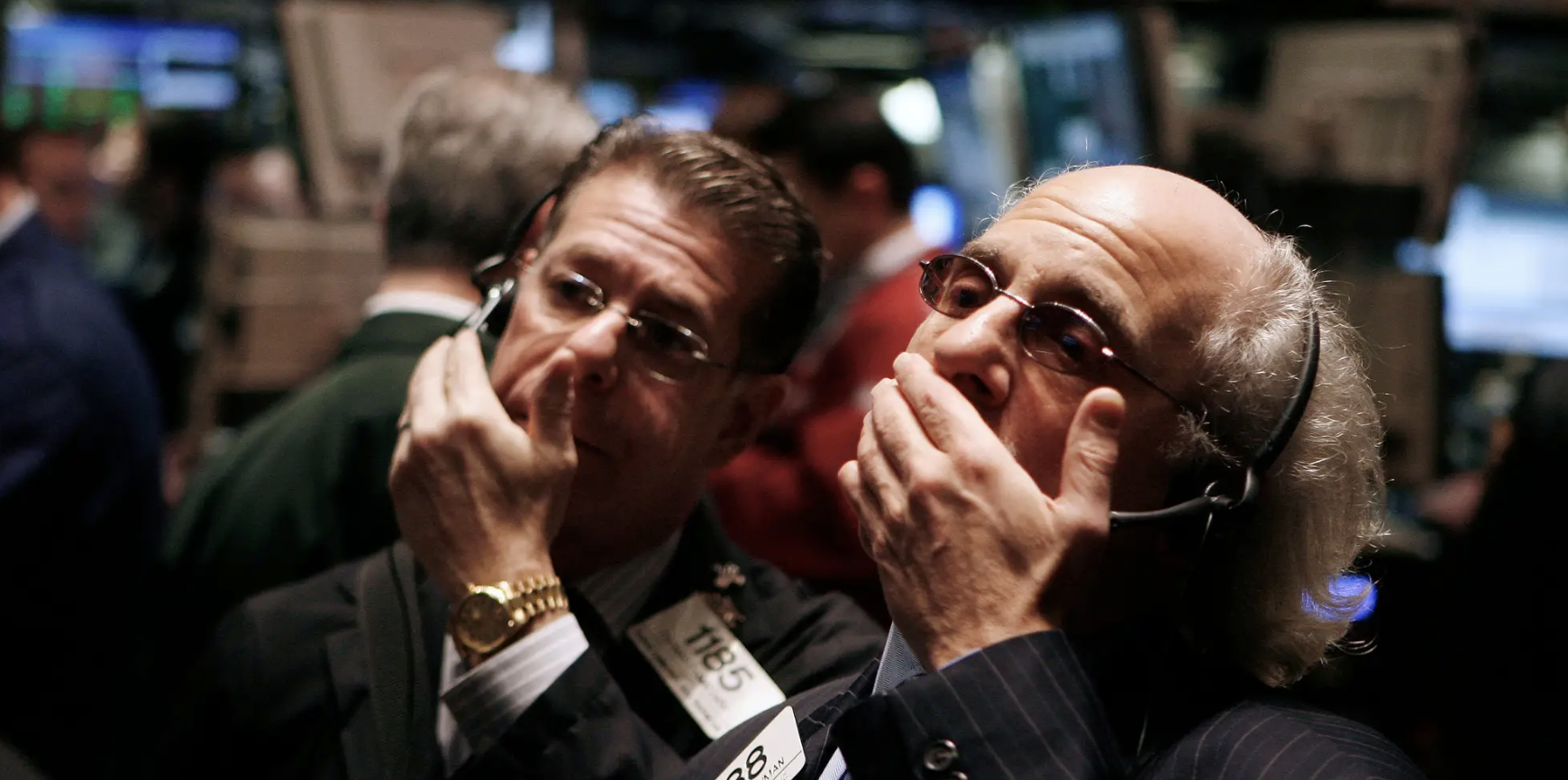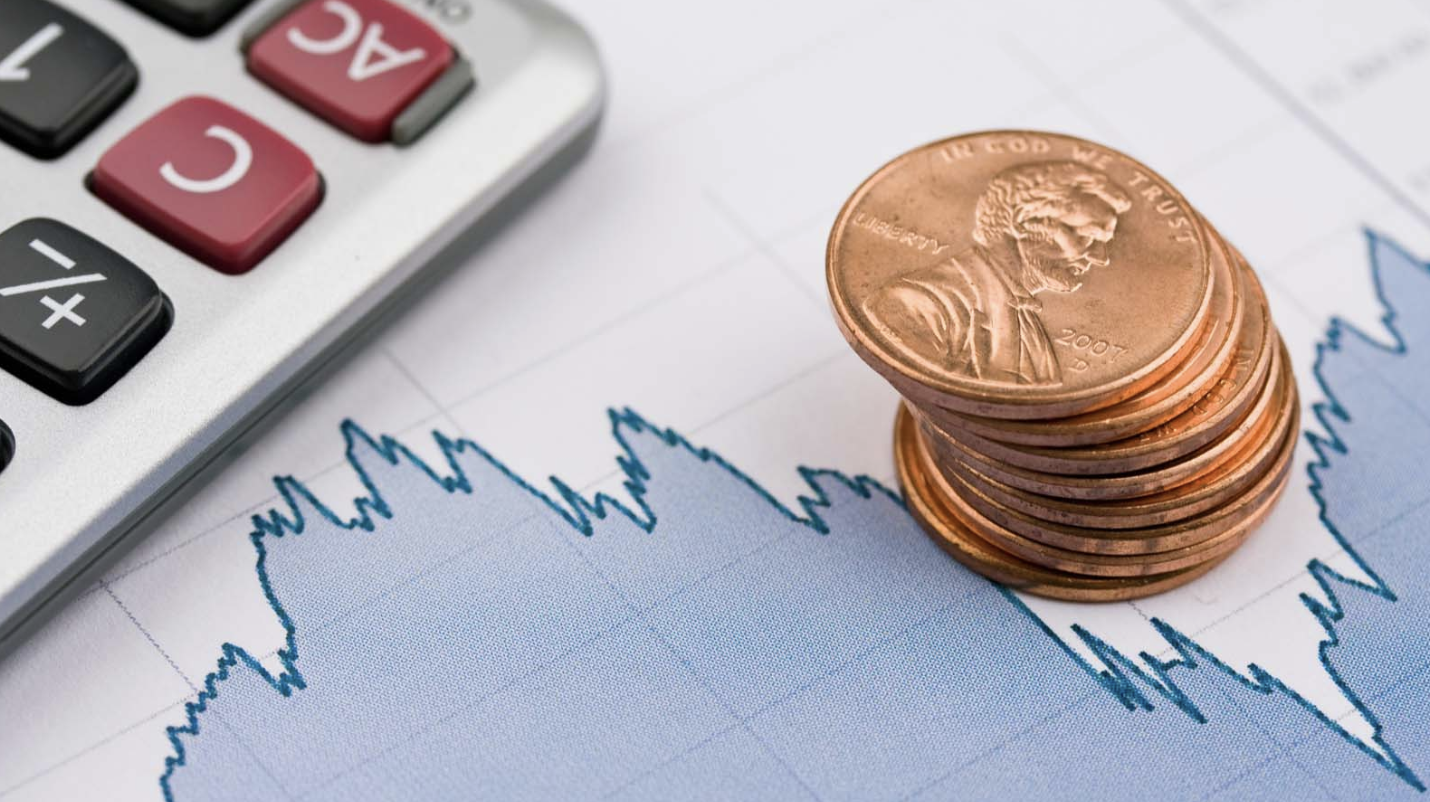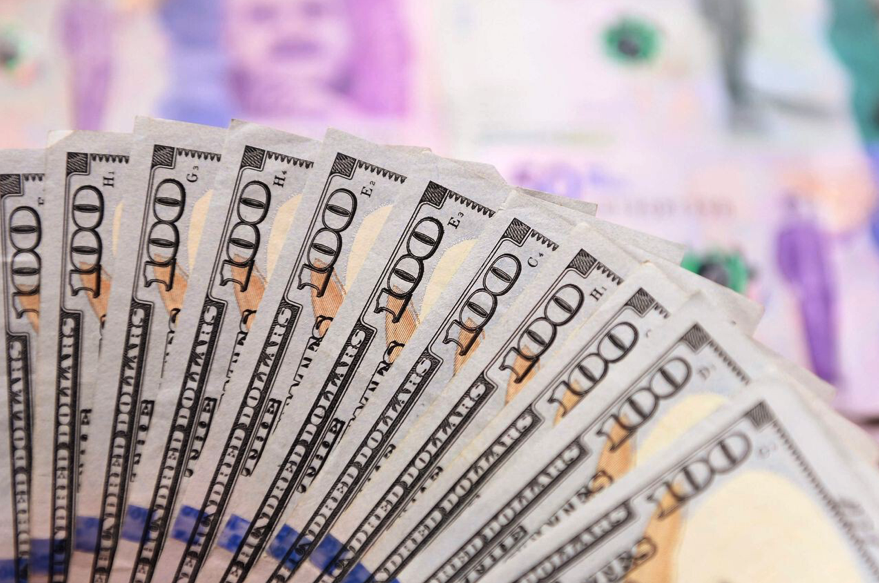Market Insider: More firms on Wall Street are bracing for a stock sell-off. Here's why JPMorgan, Wells Fargo, and others say the market's huge gains are at risk.

- Some Wall Street analysts are sounding the alarm for a coming sell-off in stocks.
- That comes as the S&P 500 enjoys its best year since 1927, gaining 18% from January.
- But a closer look at inflation and the hype for AI shows a grim outlook, experts say.
Stocks so far have blown past investors' expectations for 2023 – but some analysts are bracing for a sell-off as the market approaches new highs.
That comes as the S&P 500 enjoys one of its best years since 1927, largely thanks to Wall Street's excitement for artificial intelligence. After sliding 20% last year, the benchmark index is now up 18% from the start of 2023, and is just 6% away from retouching its all-time-high of 4,796, which it notched in January 2022.
But some forecasters warn inflation, though cooled from highs last summer, could produce more surprises while the recent stock run-up is showing signs of a bubble.
Four Wall Street experts explain why the market's gains are at risk:
JPMorgan
The hype for artificial intelligence is creating a bubble in stocks that could soon be at risk of bursting, according to JPMorgan's Marko Kolanovic.
In a recent note, the top quant strategist pointed to the high concentration of stocks in the S&P 500, with the top seven firms making up 25% of the benchmark index. That's a strong indicator of a bubble that could easily be threatened by headwinds beating down on the current macro environment.
"We remain of the view that the delayed impact of the global interest rate shock, steady erosion of consumer savings and post-COVID pent-up demand, and deeply troubling global geopolitical context will result in market declines and re-emergence of market volatility," he warned.
Wells Fargo
There's too big of a risk that inflation could rebound, according to Well Fargo's chief global market strategist Scott Wren, who believes the risk-to-reward tradeoff of entering the market at this point is poor.
Though prices have cooled dramatically from last year, inflation could easily heat up again due to lingering pressures in the economy, like the strong labor market.
"If inflation's descent flattens out and reverses as interest rates rise higher, we believe the sectors that have driven this rally should be vulnerable to sharp pullbacks," Wren said in a note this past week.
But he sees the overall S&P 500 ending the year at 4,600-4,800, above current levels.
BlackRock
The world's largest asset manager sees "rollercoaster inflation" ahead as prices enter a period of volatility. That's bad news for stocks: High inflation raises costs for firms, weighing on profits. But falling inflation lowers prices that firms charge, which is also a negative for profits.
"We expect a squeeze on corporate margins if inflation stays high — and an even larger squeeze if it falls," the note added. "So good economic news like falling inflation is not necessarily good news for markets."
Rosenberg Research
David Rosenberg, the head of Rosenberg Research, pointed to the Dow's recent 13-day winning streak, which was the longest since 1987.
Back then, the Dow gained 28% over a period of 13 days, Rosenberg noted, before the index then plummeted 19% in October later that year. He dismissed the current uptrend in stocks as another short-lived "FOMO-based" rally.
"The giddiness was omnipresent as is the case today and the bears were laughed at … but look at how the year ended … FLAT!" Rosenberg said in a recent note to clients.
And while markets have cheered falling inflation, that mean lower profits for businesses, which could also weigh on stocks, he warned. Inflation fell sharply during the early 1980s, early 2000s, and in 2008, he said, periods that recessions when the S&P 500 posted hefty losses.




